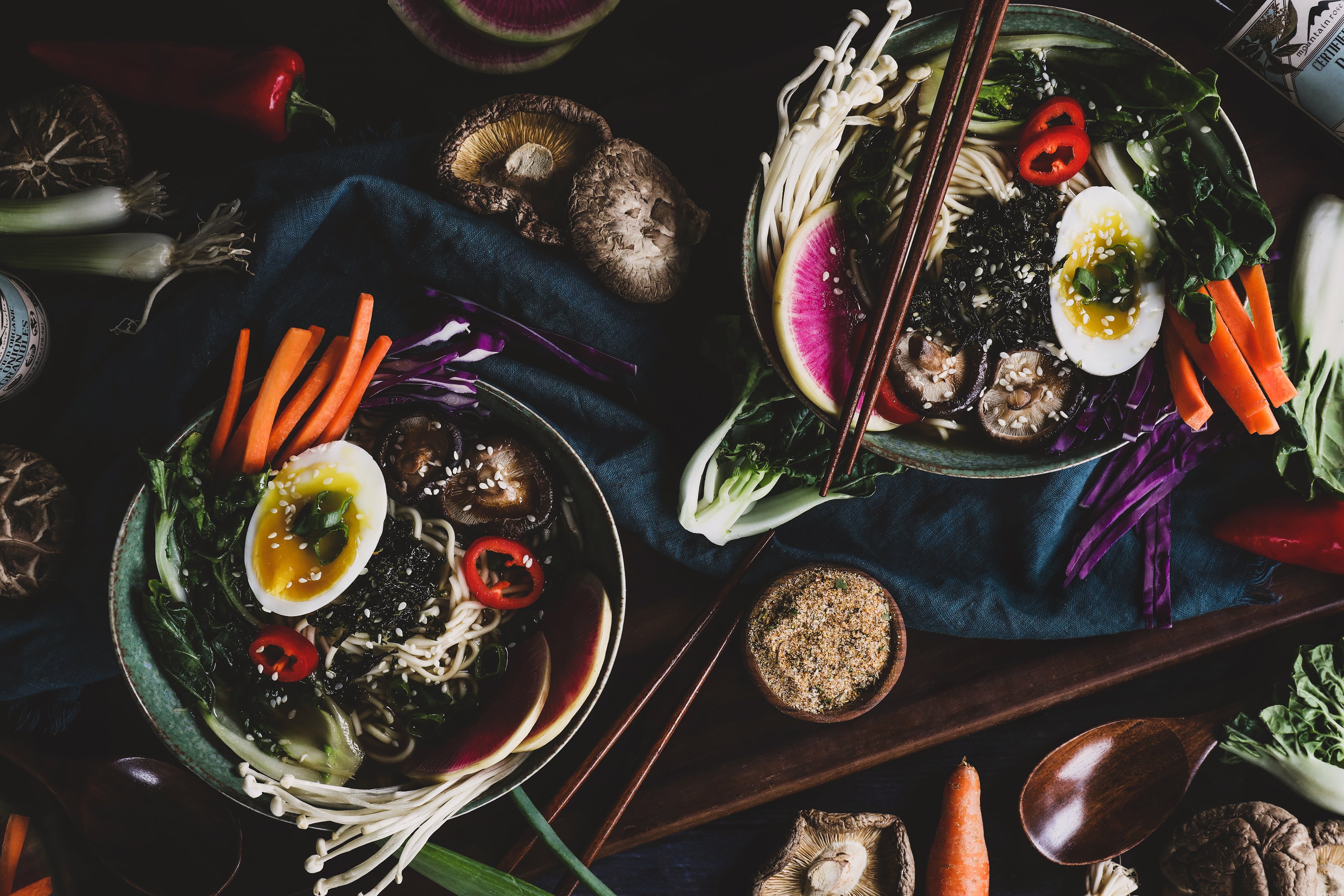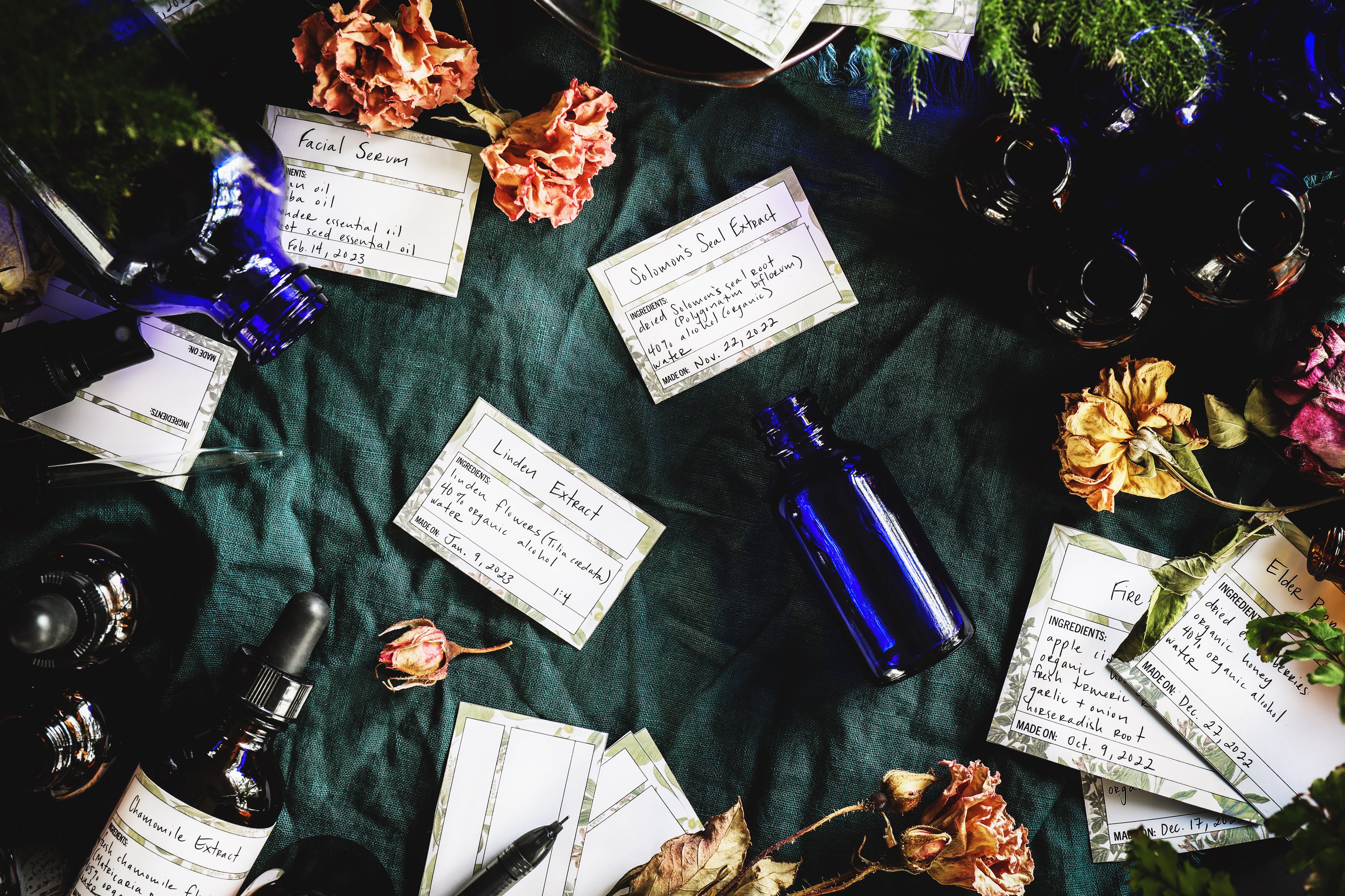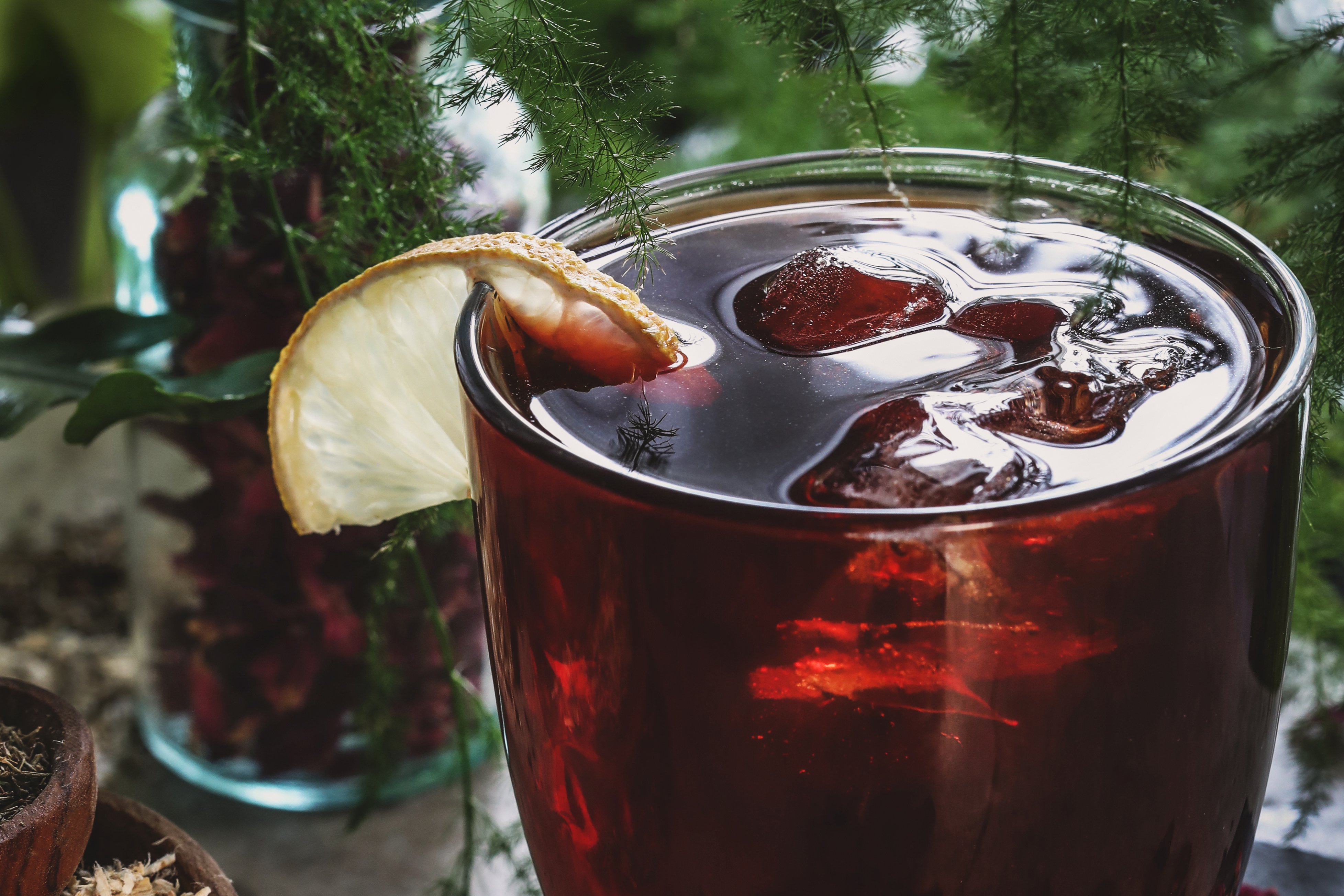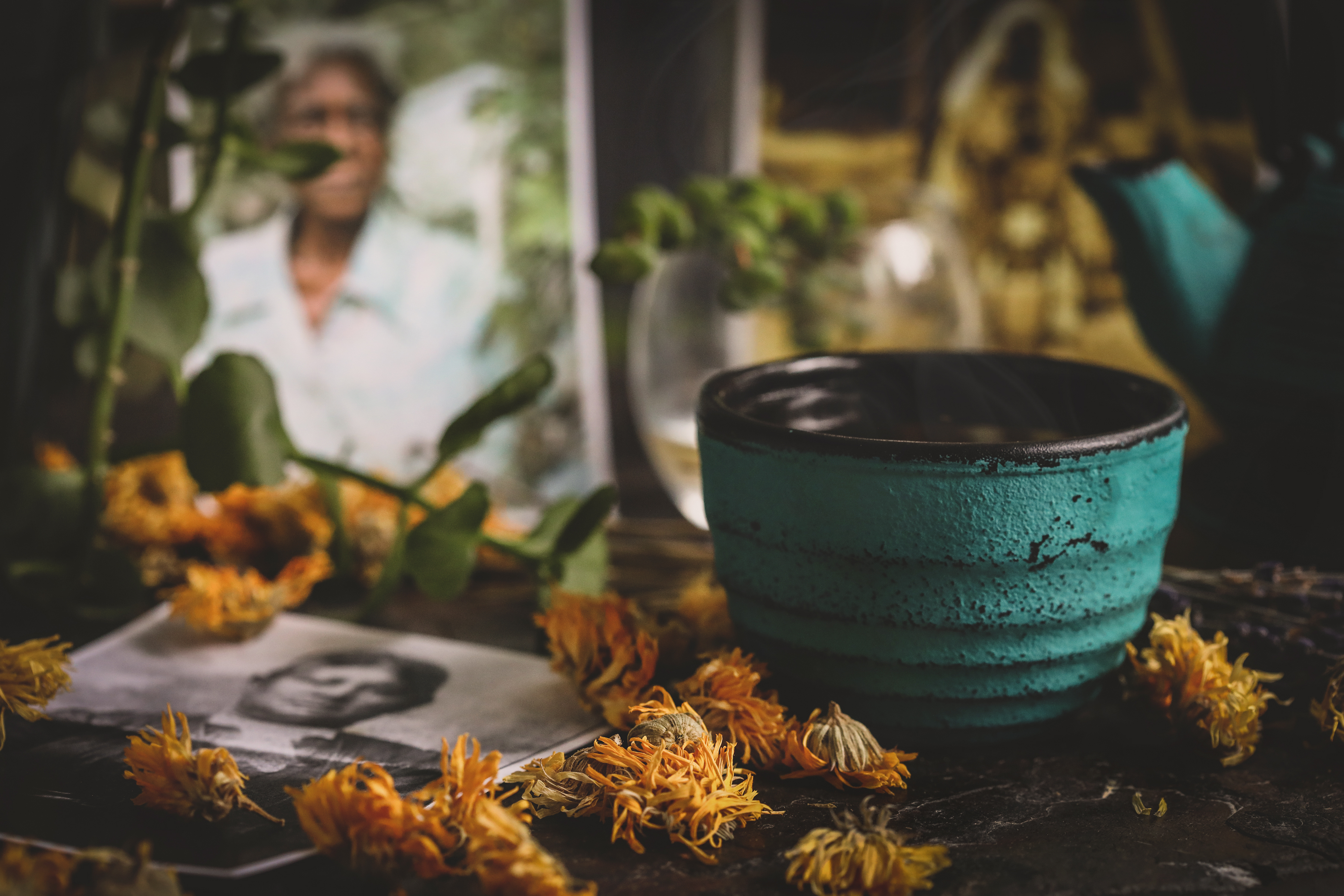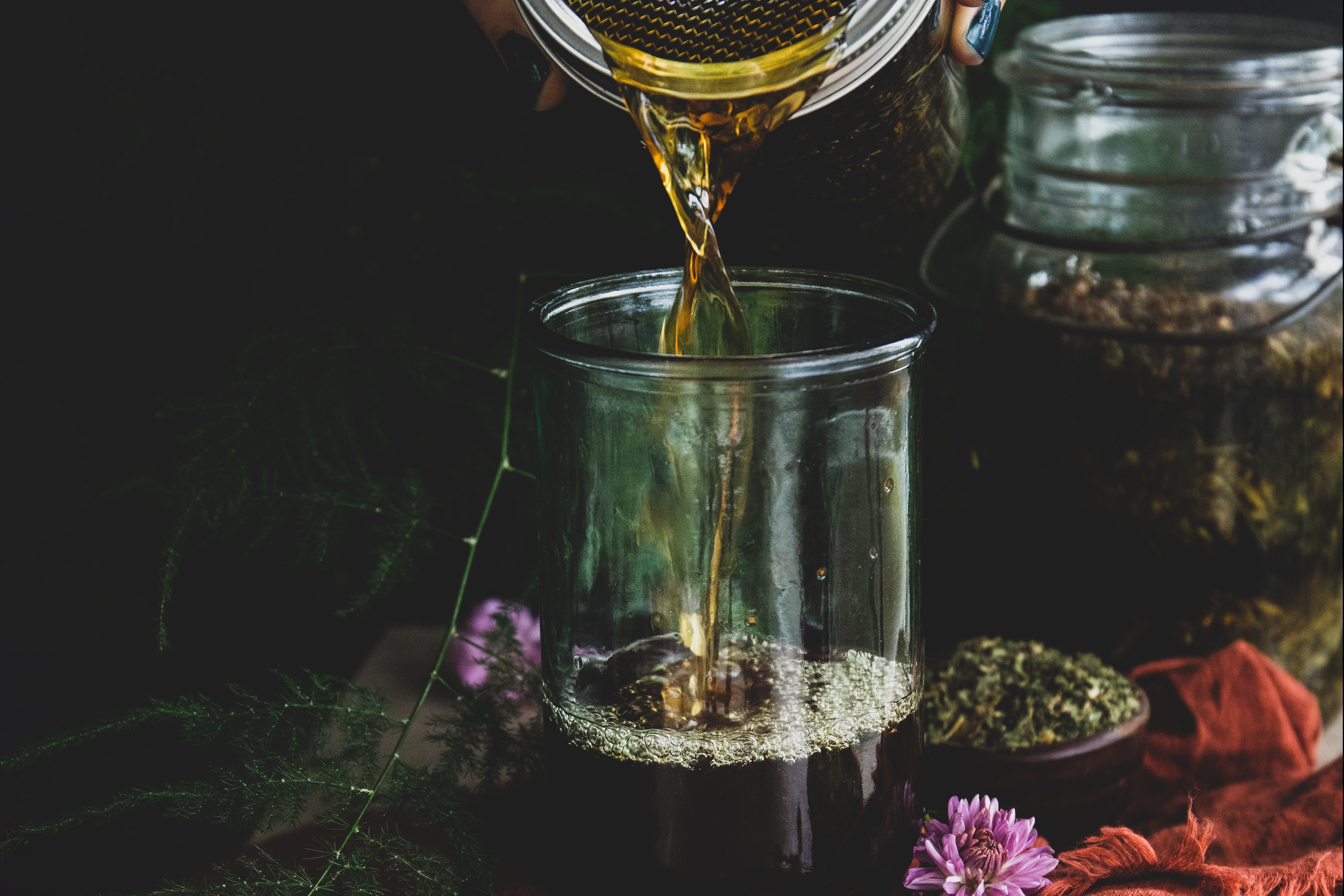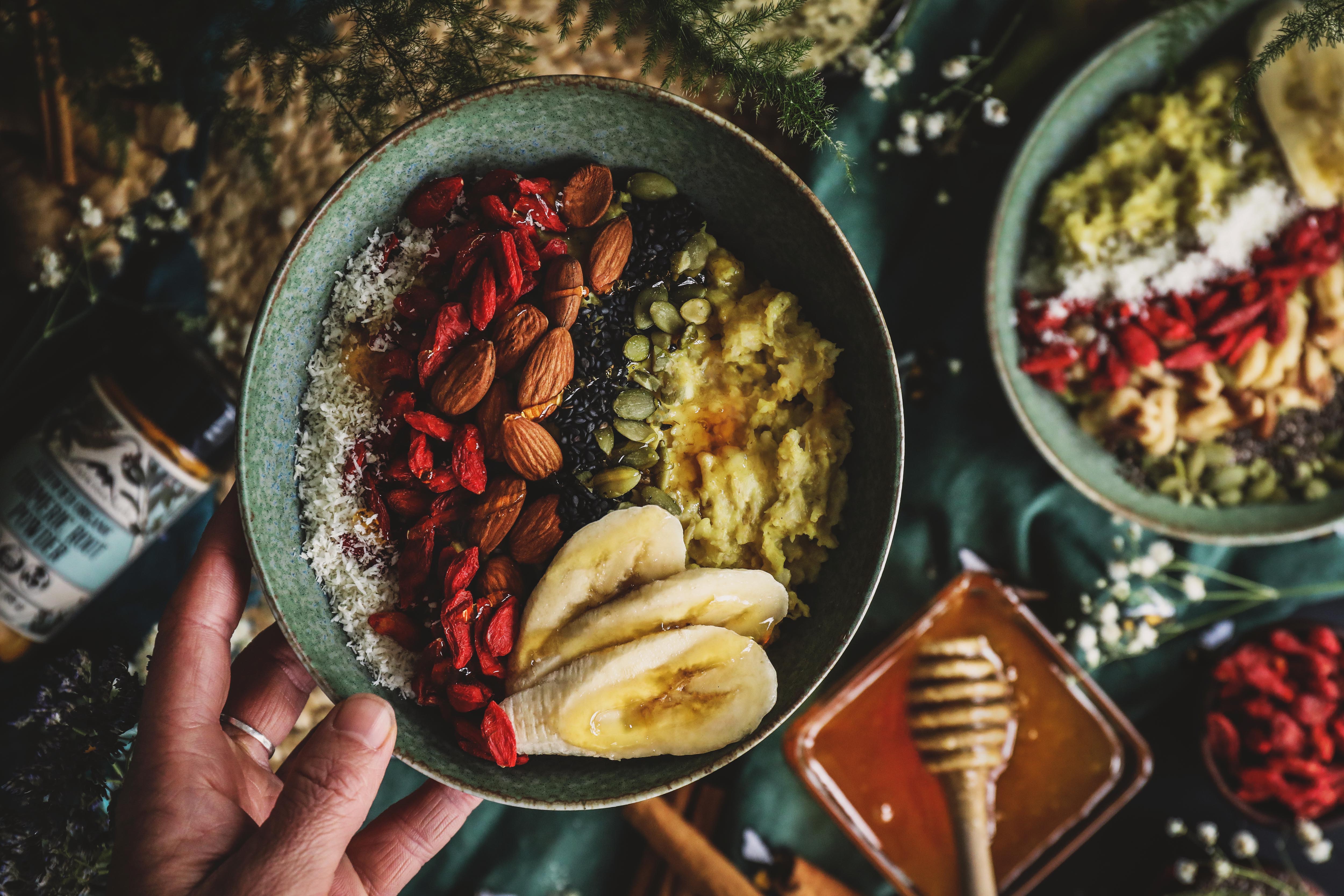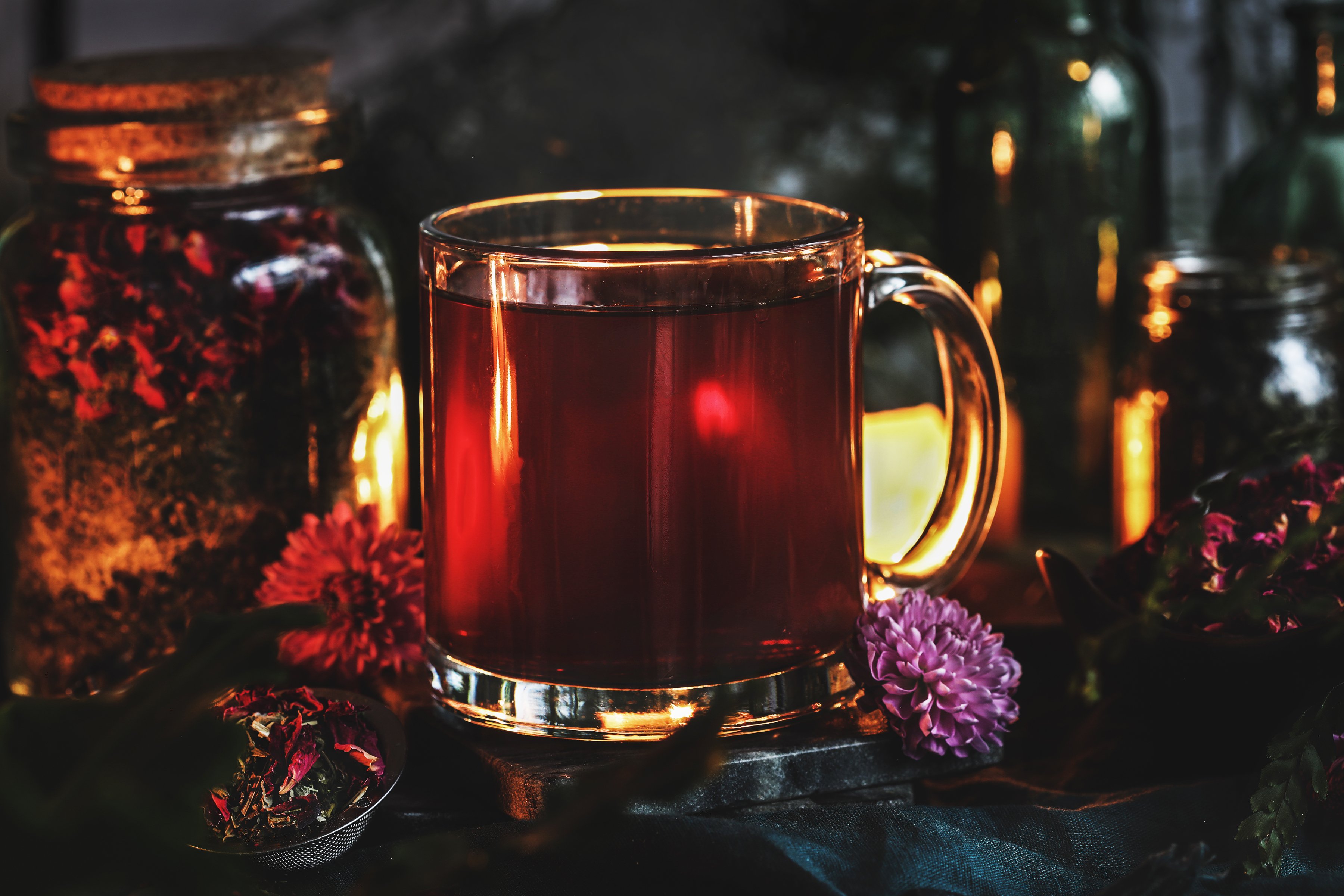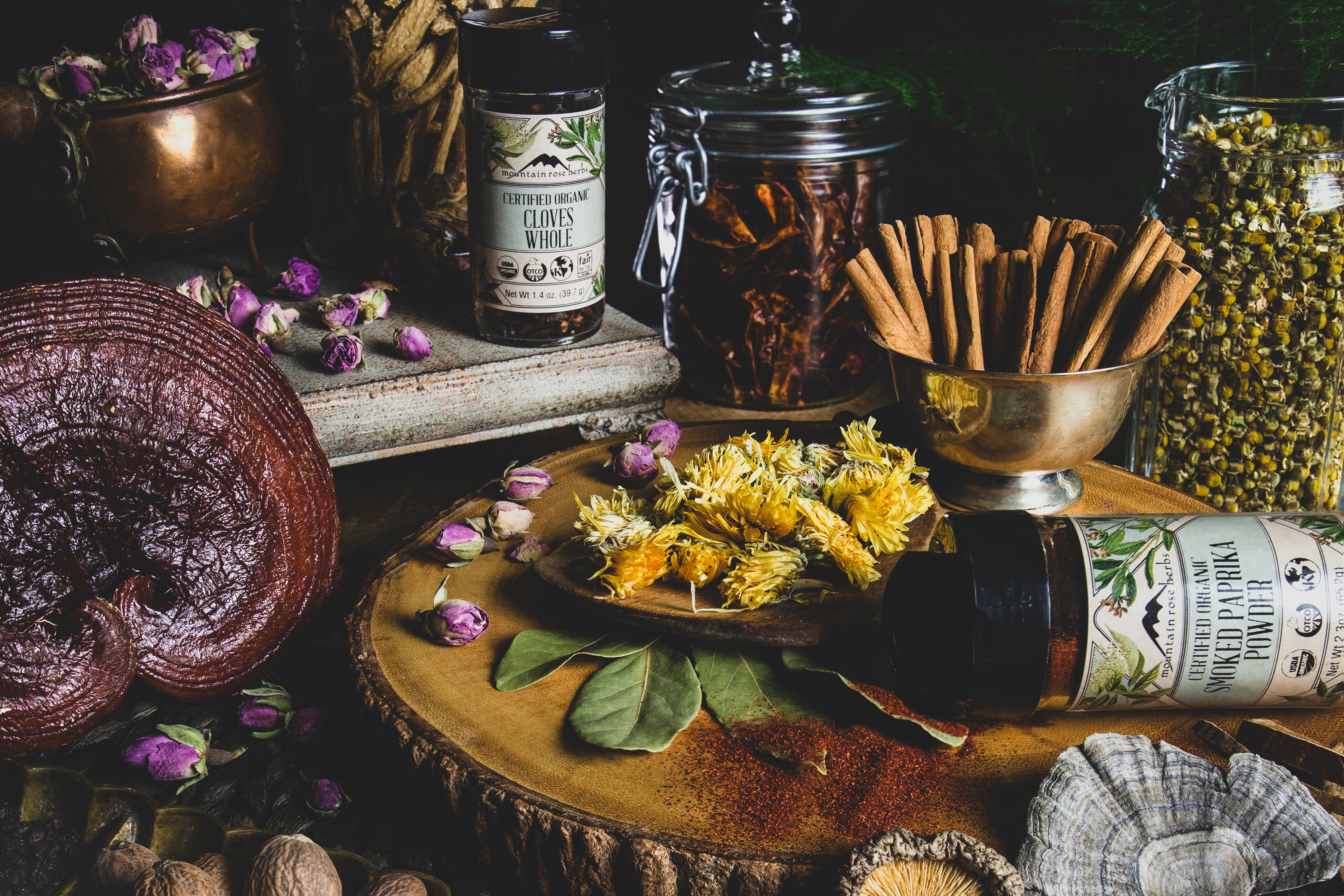My youngest son loves ramen: both the hand-pulled noodle restaurant version and the instant kind. His passion for instant ramen is left over from his first foray, years ago, into the adult world of supporting himself on minimum wage. Thankfully, as he’s matured, he’s become more concerned about eating real food without the MSG, tBHQ, and astronomically high sodium content that is typical in grocery store ramen. But quick easy ramen is still the food he reaches for when he’s in a hurry and needs a fast meal… which explains my quest to develop an easy, healthy, homemade bouillon powder/paste that he can add to his noodle bowls in place of those unhealthy flavor packets that come in store-bought instant ramen noodles.
Read More
